The Batman by Akira Kurosawa
What if Akira Kurosawa Made "Samurai Batman" in the 1950s? The Epic Japanese Film That Never Was!
If Akira Kurosawa had made a film called “Samurai Batman” in the 1950s, it would likely have been a unique and epic blend of Japanese and American cultural influences. Kurosawa was a pioneering and influential director in Japanese cinema, known for his sweeping historical epics and his innovative storytelling techniques. He was particularly noted for his use of fast-paced action and thrilling fight scenes, as well as his ability to blend elements of traditional Japanese culture with modern Western influences. The character of Batman, on the other hand, was created in the 1930s by American comic book artist Bob Kane. Batman is a superhero who fights crime in the fictional Gotham City, using his intelligence, physical prowess, and a variety of high-tech gadgets. If Kurosawa had made a film combining these two elements, it could have been a groundbreaking and exciting fusion of Japanese and American culture. The film might have featured a samurai warrior who takes on the mantle of Batman, using his skills with the sword and his knowledge of Japanese martial arts to fight crime in a way that was both traditional and modern. It’s difficult to say exactly what such a film would have looked like, as it was never made. However, it’s possible that it would have been a visually stunning and action-packed adventure that would have been unlike anything that had come before it.
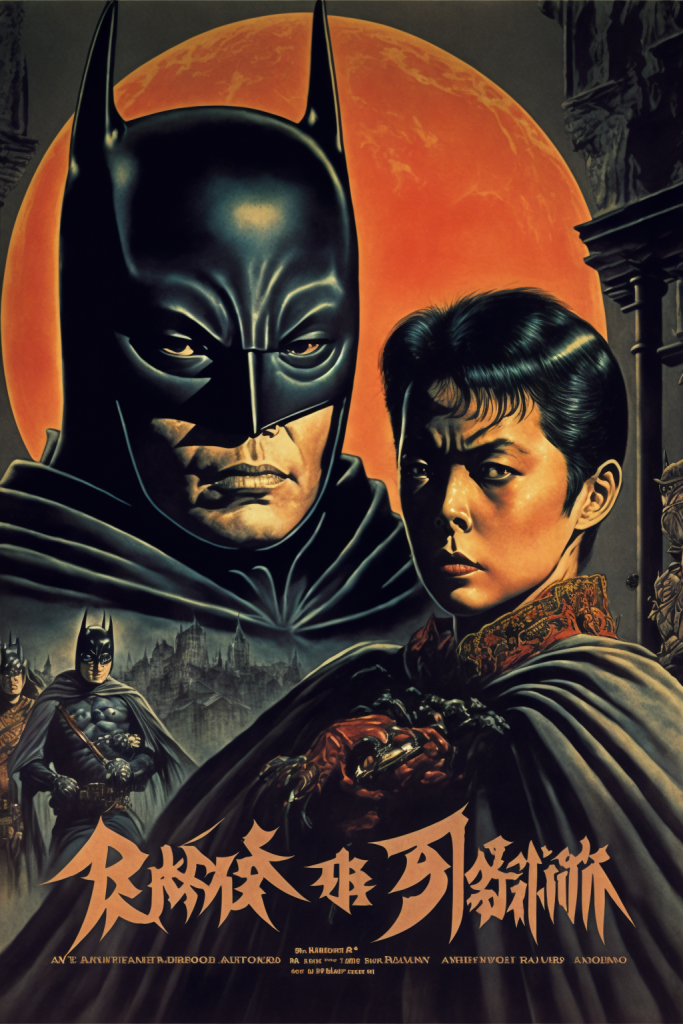
THE BATMAN
The Samurai's Secret
侍の秘密
Behind the scenes
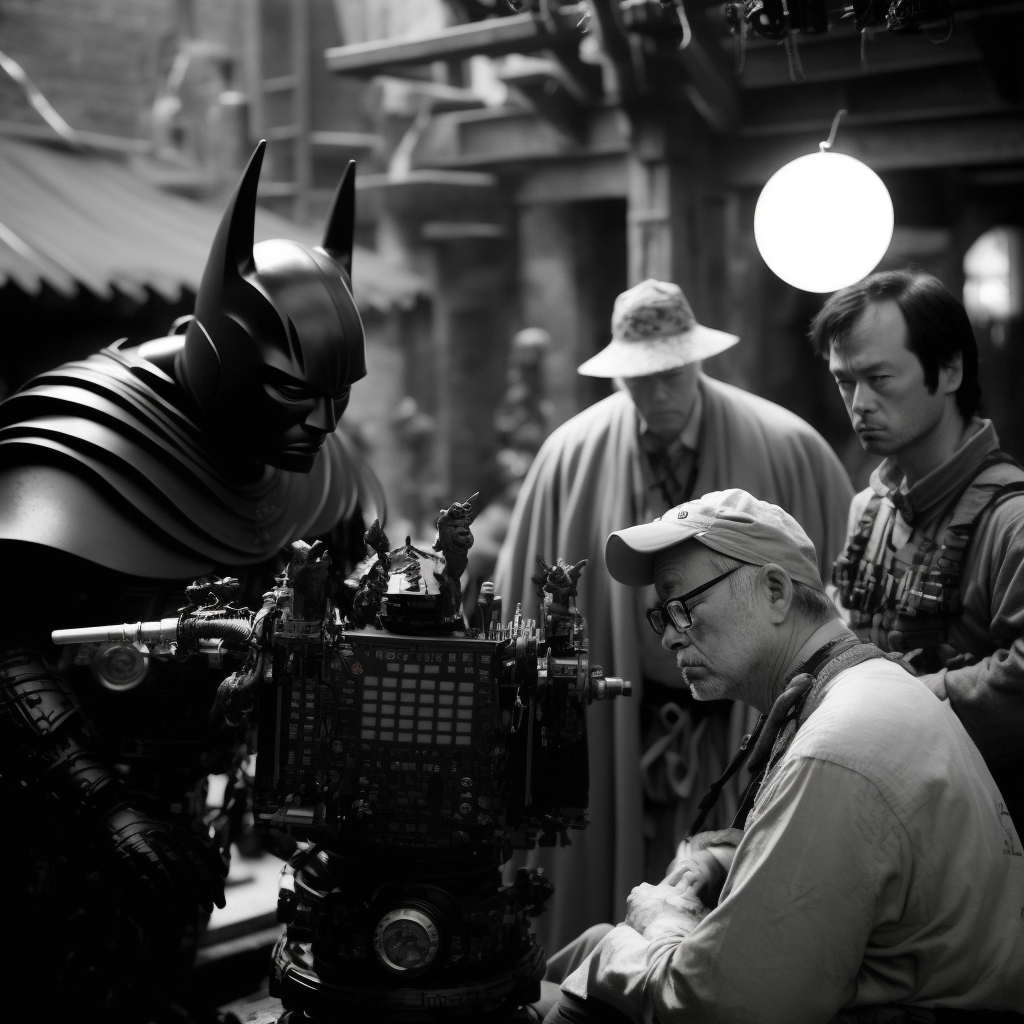
Casting Call
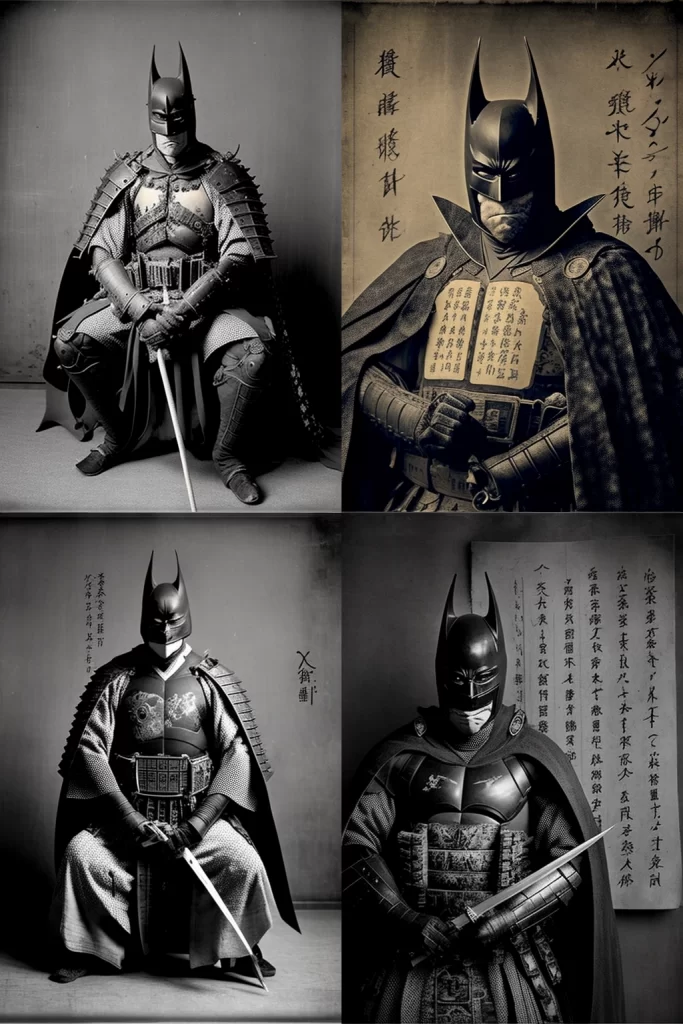
Lead Actor
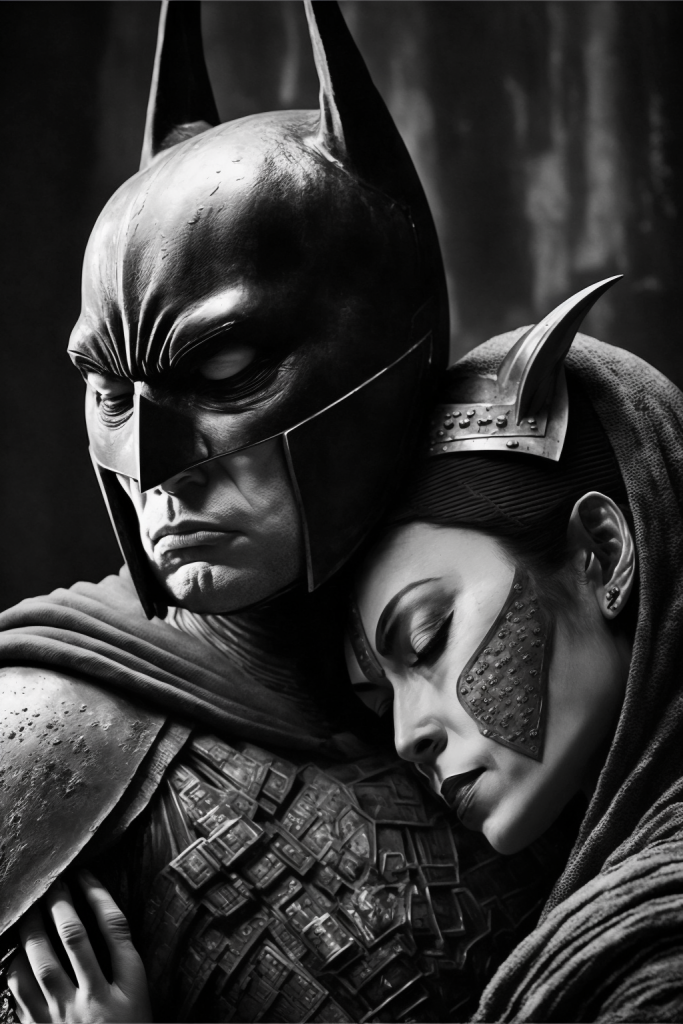
Alfred — The Blacksmith
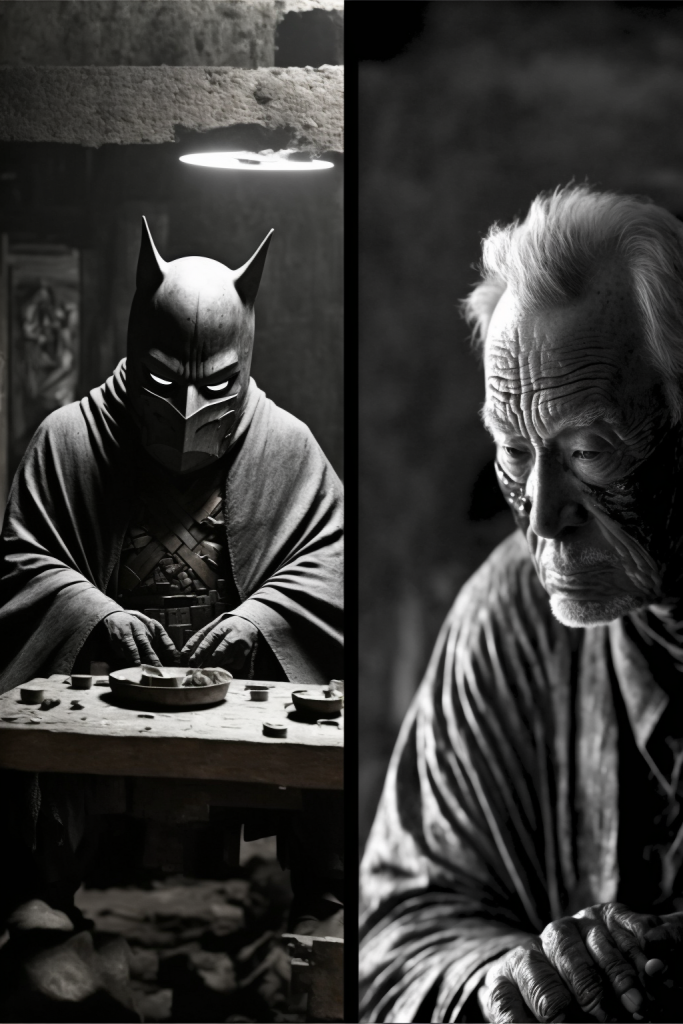
Robin — The Boy Wonder
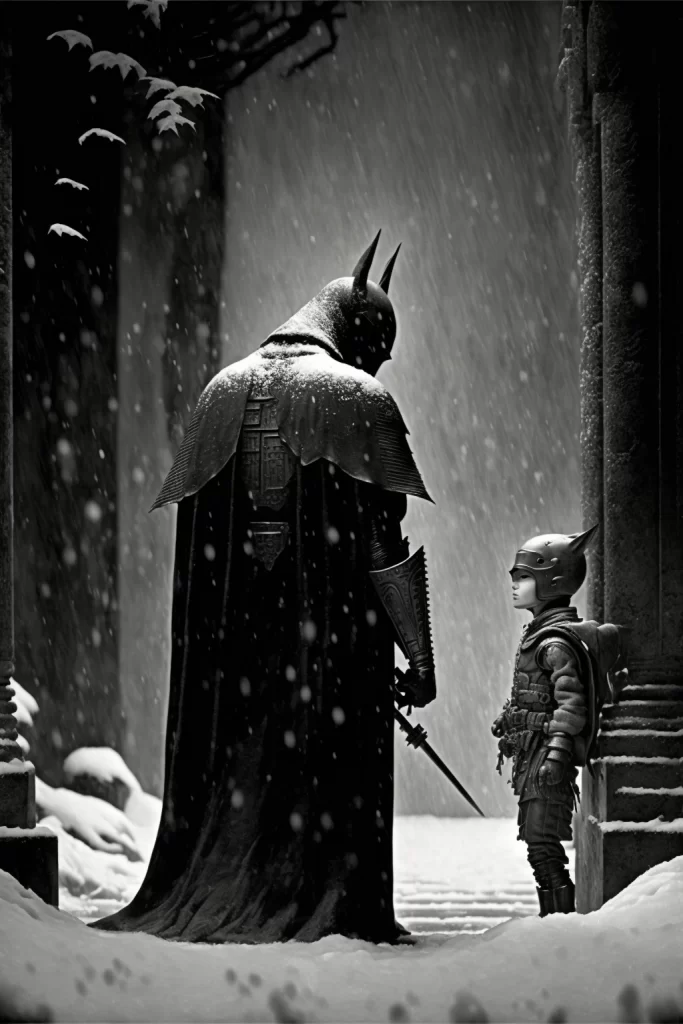
The Joker
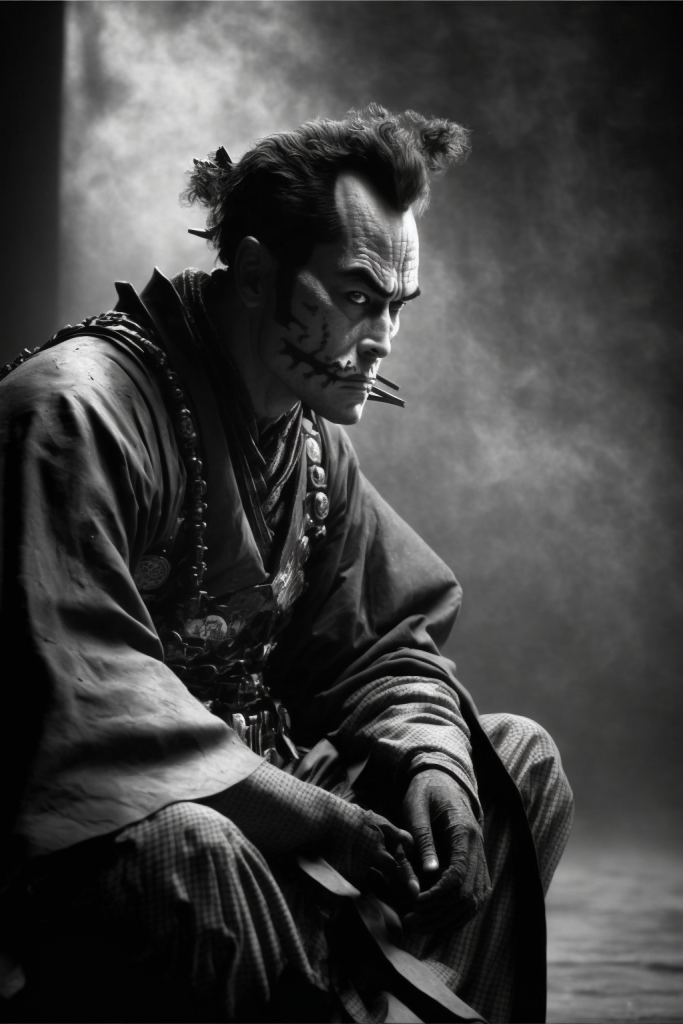
Bane
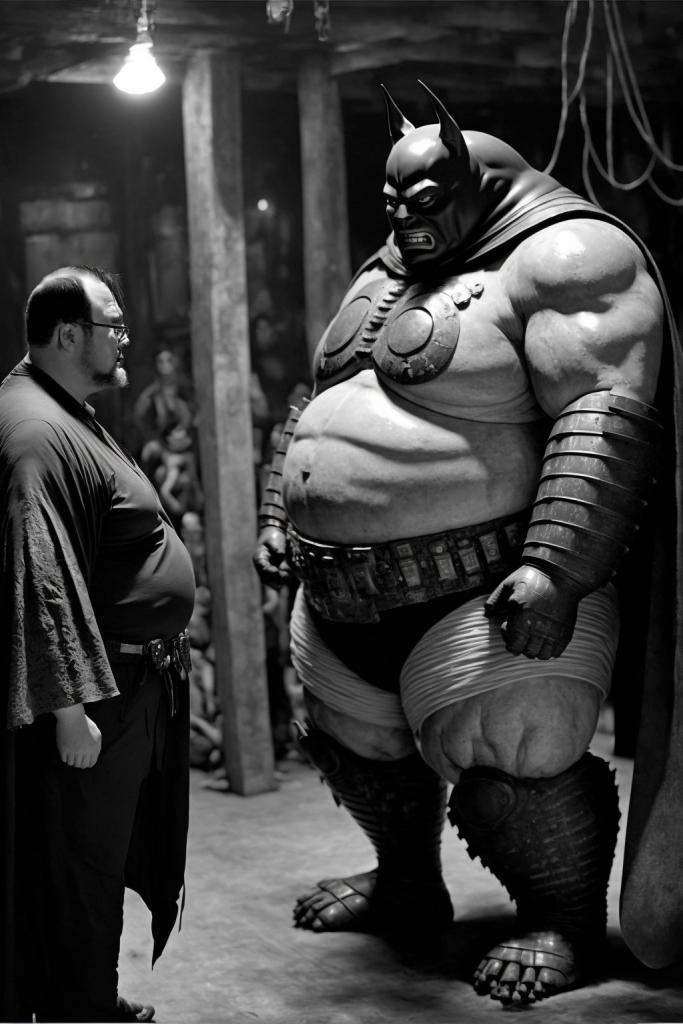
Scarecrow
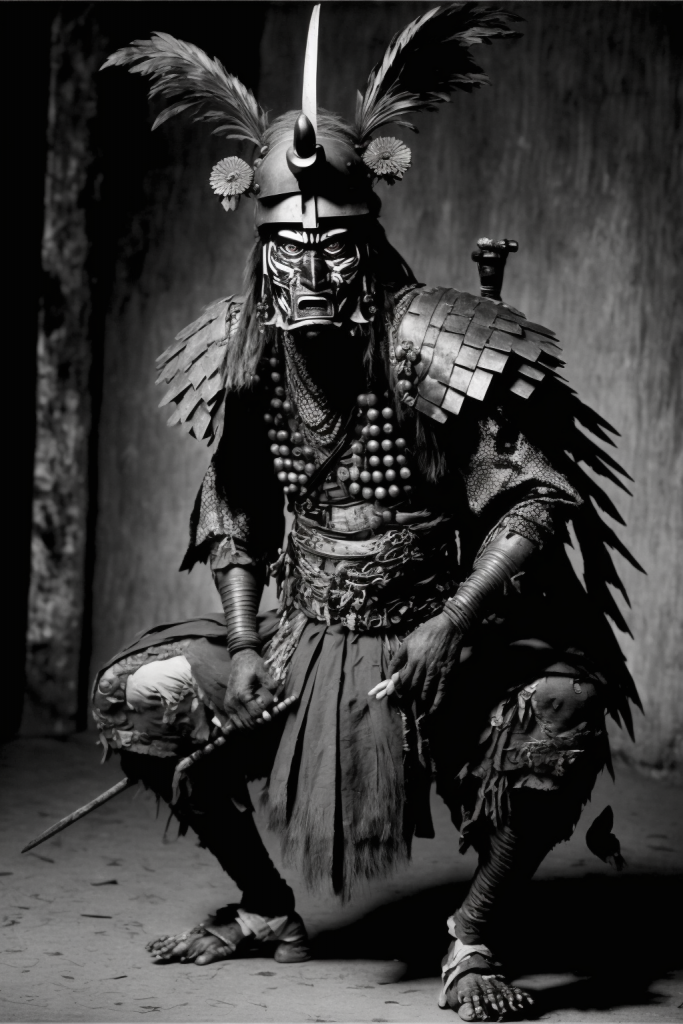
Batgirl
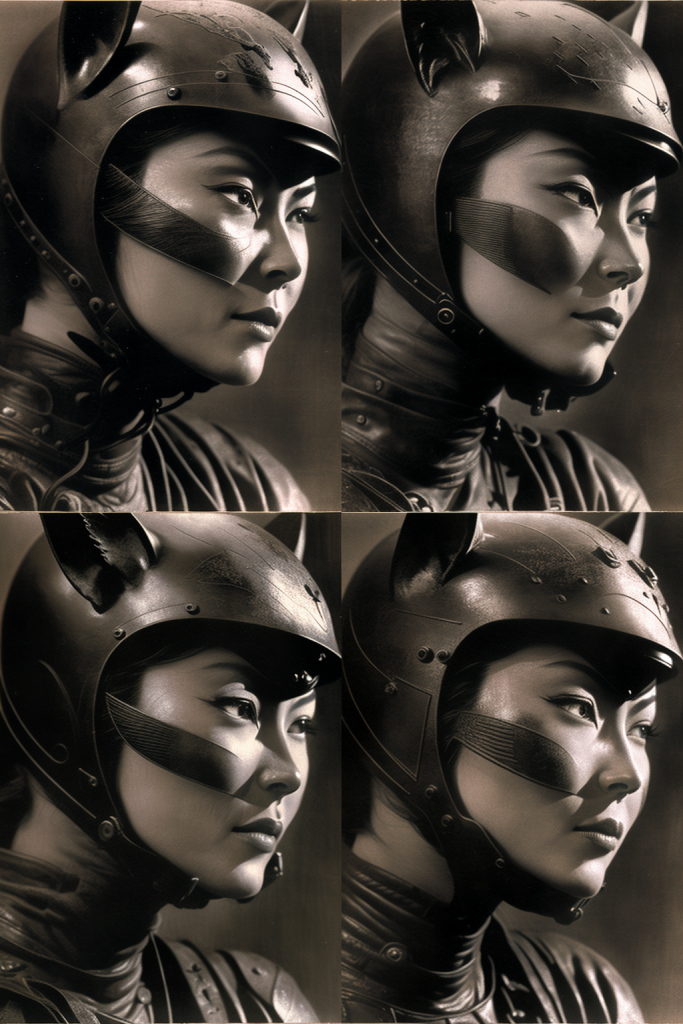
Catwoman
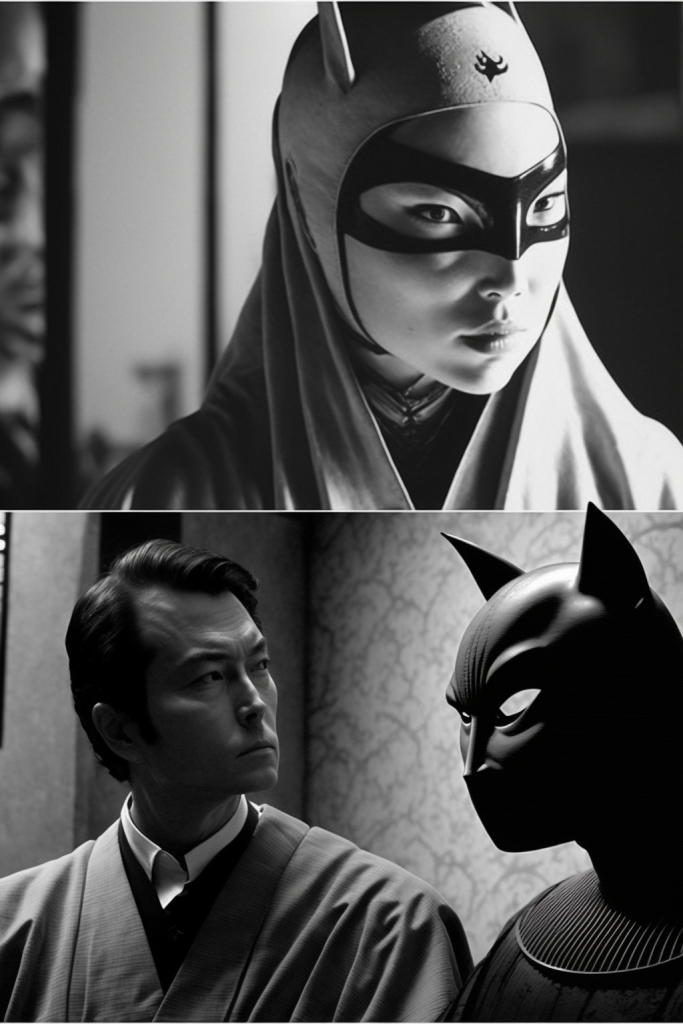
Two-Face
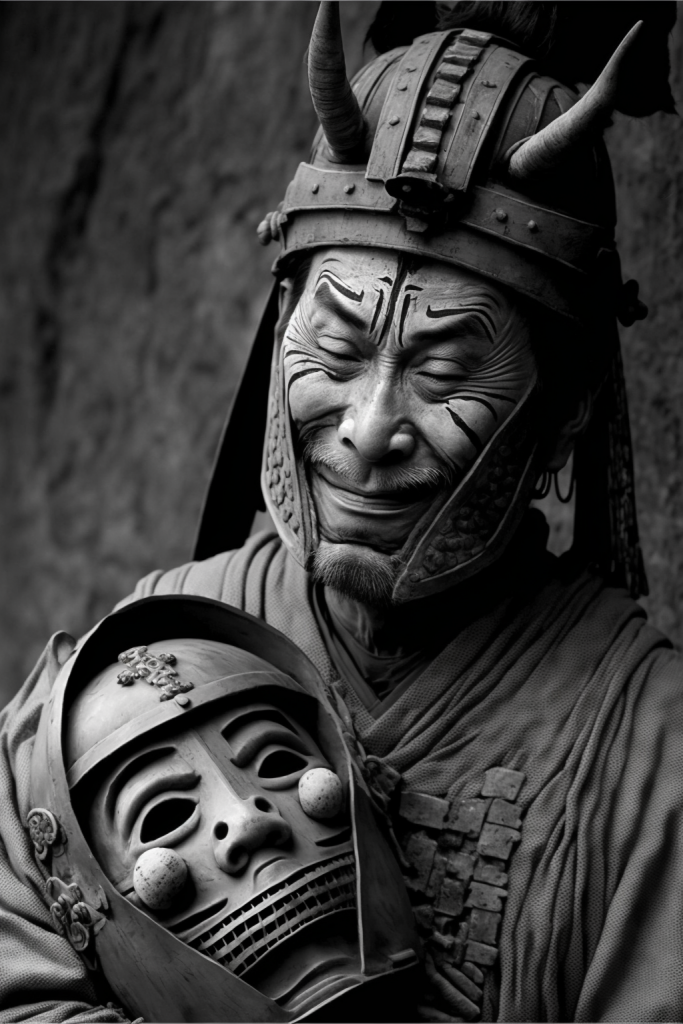
Harley Quinn
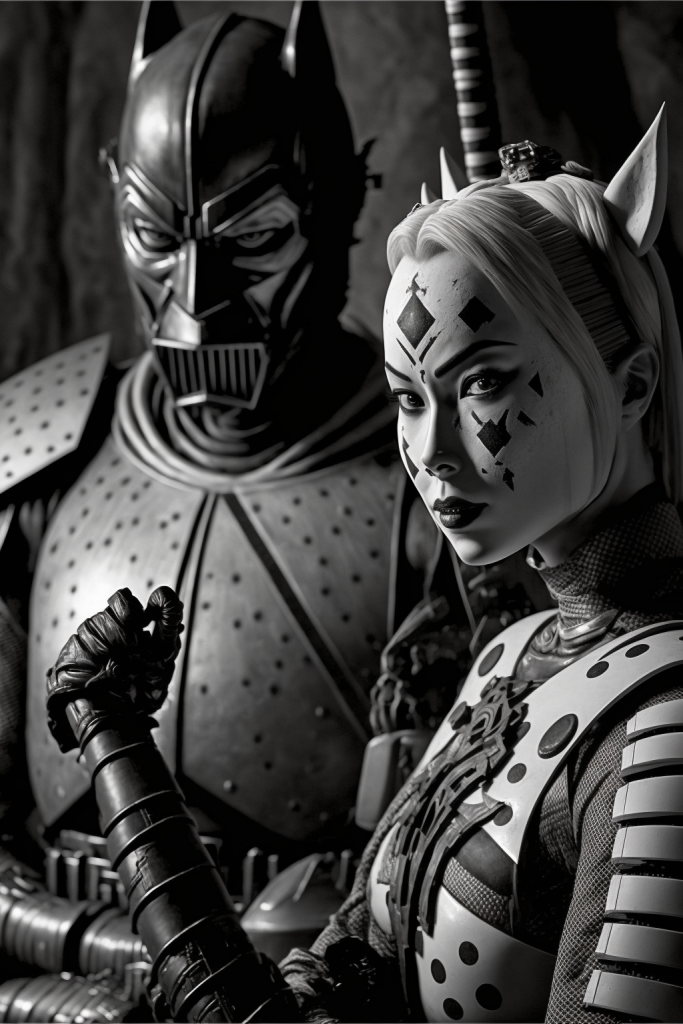
Poison Ivy
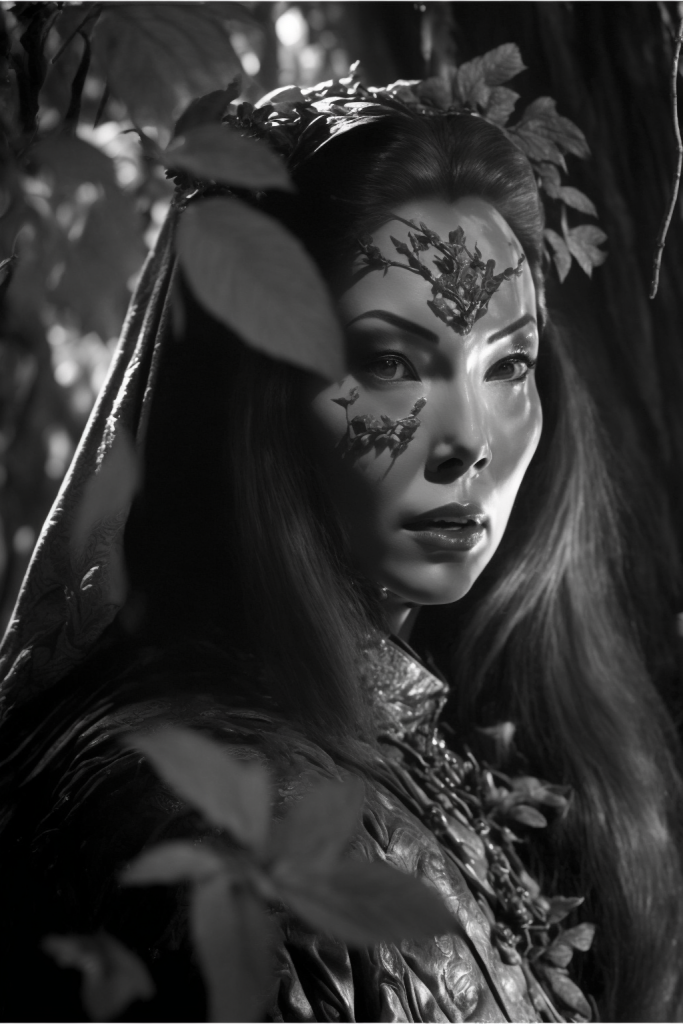
Movie Synopsis
In “The Samurai’s Secret,” our hero is a wealthy business man who is also a skilled warrior and member of the noble samurai class in ancient Japan. However, he must keep his identity as a samurai a secret from his elitist friends and royal family members, who look down upon fighting and killing.
When a group of villains threaten the peace of Japan, the hero is called upon to defend his country. He must balance his duty as a samurai with his desire to keep his true identity hidden, and creates the image of The Batman.
The action begins in the fields of rural Japan, where the hero and his enemies clash in a fierce battle. The hero displays his mastery of the sword, cutting down his foes with lightning-fast strikes.
As the conflict spreads to the streets of Tokyo, the hero must also face off against more modern threats, including guns and explosives. But he remains undaunted, using his quick thinking and martial arts skills to outmaneuver his enemies.
As the final showdown approaches, the hero must confront the leader of the villainous group, The Joker working with Bane, formidable foes who poses a great threat to the peace of Japan.
In a tense and thrilling confrontation, the hero emerges victorious, saving the country and fulfilling his duty as a samurai. However, he must continue to keep his identity a secret, knowing that his friends and family would not understand his actions…
The Director — Akira Kurosawa
Akira Kurosawa’s samurai movies are highly regarded because they are masterfully crafted and have had a significant influence on the film industry.
Akira Kurosawa was a Japanese film director, screenwriter, and producer who was active from the 1940s to the 1990s. He is widely regarded as one of the greatest and most influential filmmakers in the history of cinema.
Kurosawa’s career took off in the 1940s and 1950s, when he made a series of influential films that helped to define the genre of Japanese period drama. These films, which included Rashomon (1950), Seven Samurai (1954), and Throne of Blood (1957), were praised for their technical brilliance, compelling storytelling, and richly detailed depiction of Japanese culture and history.
In the 1960s and 1970s, Kurosawa’s fame extended beyond Japan, as his films were widely released and admired internationally. He directed several films in this period that are now considered classics of world cinema, including Yojimbo (1961), Sanjuro (1962), and Kagemusha (1980).
Kurosawa continued to make films throughout the 1980s and 1990s, but his later works were not as widely acclaimed as his earlier ones. He received numerous awards and accolades for his contributions to cinema, including an Academy Award for Lifetime Achievement in 1990. Despite his passing in 1998, Akira Kurosawa remains one of the most respected and celebrated filmmakers in the history of cinema.
Kurosawa was a Japanese film director and screenwriter who is considered one of the greatest filmmakers in the history of cinema. His samurai movies, in particular, are renowned for their compelling storylines, well-developed characters, and innovative techniques.
One of the reasons why Kurosawa’s samurai movies are so well regarded is because of their historical accuracy. Kurosawa was known for his meticulous research and attention to detail, and he went to great lengths to ensure that his movies were as authentic as possible. He drew upon historical records and artifacts, as well as the stories and experiences of people who lived during the time period in which his movies were set.
Another reason why Kurosawa’s samurai movies are so well regarded is because of their cinematography and visual style. He was known for his use of wide shots and deep focus, which allowed him to capture the grandeur and beauty of the natural landscape and the action on the battlefield. He also used a variety of camera angles and movements, such as tracking shots and crane shots, to add depth and dynamism to his movies.
Finally, Kurosawa’s samurai movies are well regarded because of their enduring themes and messages. Many of his movies explore themes of honor, duty, and loyalty, and they often serve as commentary on the human condition and the moral dilemmas that people face. As a result, his movies have had a lasting impact on audiences around the world and continue to be revered by film critics and fans alike.
Bushido — The Samurai's Code
The honor code of the samurai, known as bushido, was a set of principles that governed the behavior and moral values of the samurai class in Japan. Bushido was based on the concept of loyalty to one’s lord, and it emphasized the virtues of courage, honor, and self-discipline.
According to bushido, a samurai was expected to uphold the highest standards of personal conduct and to be willing to sacrifice his own life for the sake of his lord and his country. He was also expected to be fiercely loyal to his lord, to be willing to serve him without question, and to be prepared to die in his defense.
In addition to these values, bushido also stressed the importance of education and self-improvement, and many samurai were highly cultured and well-educated. They were expected to be proficient in a variety of subjects, including literature, poetry, and the arts, as well as in the martial arts.
Overall, the honor code of the samurai was a guiding principle for the samurai class, and it shaped their behavior and their worldview. It helped to define their role in society and to give their lives meaning and purpose.
Batman — A Brief History
The character of Batman, also known as the Caped Crusader or the Dark Knight, was created by artist Bob Kane and writer Bill Finger and made his first appearance in Detective Comics #27 in 1939.
The character has since become one of the most iconic and enduring in popular culture, with numerous adaptations in various media, including film, television, and video games. Batman is a superhero who fights crime in Gotham City, using his physical and intellectual skills, as well as a variety of gadgets and vehicles, to outsmart and defeat his enemies.
There are many reasons why people love the superhero Batman. Here are a few possible explanations:
- Complex and relatable character: Batman is a complex and multilayered character with a rich back story. He is driven by a strong moral code and a desire to protect the innocent, and his struggles with grief and trauma make him a relatable and human hero.
- Dynamic and versatile hero: Batman is a highly skilled and intelligent hero who uses a variety of gadgets, weapons, and techniques to fight crime. He is also adaptable and resourceful, able to confront a wide range of threats and challenges.
- Iconic and timeless character: Batman has been a popular character for decades, and his iconic costume, logo, and vehicle (the Batmobile) have become cultural icons. His enduring popularity is a testament to the timeless appeal of the character.
- Exciting and thrilling storylines: Batman’s adventures are often action-packed and full of drama, and his foes are some of the most memorable and iconic villains in popular culture. This combination of exciting storylines and memorable characters is a big part of what makes Batman so beloved.
- Positive and inspiring themes: Despite the darkness and danger that he often confronts, Batman’s stories often have positive and inspiring themes, such as hope, determination, and the power of the human spirit. These themes resonate with many readers and help to make Batman a hero that people admire and look up to.
Contact
I’ve been using artificial intelligence to create movie stills, posters and for research. Let me know what you think.
David Levine Bramante
Mobile: (310) 906-5459
davidbramante@gmail.com
www.davidbramante.com